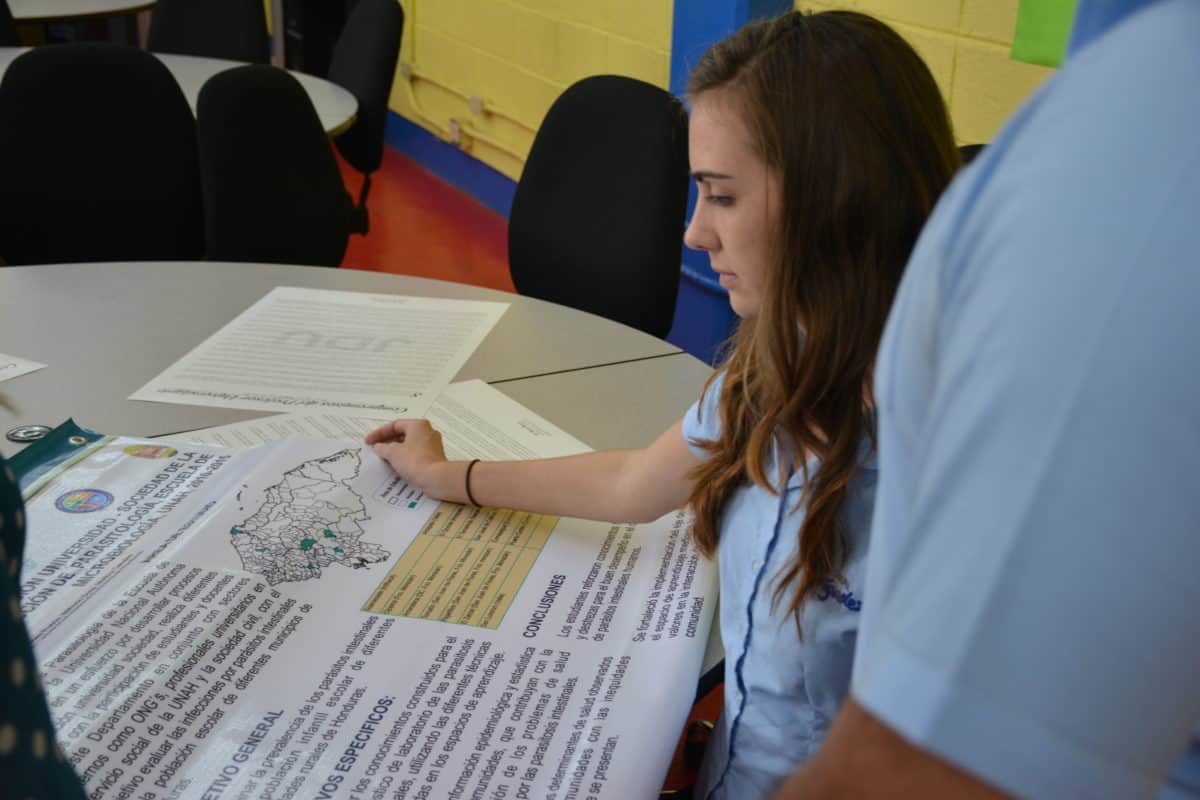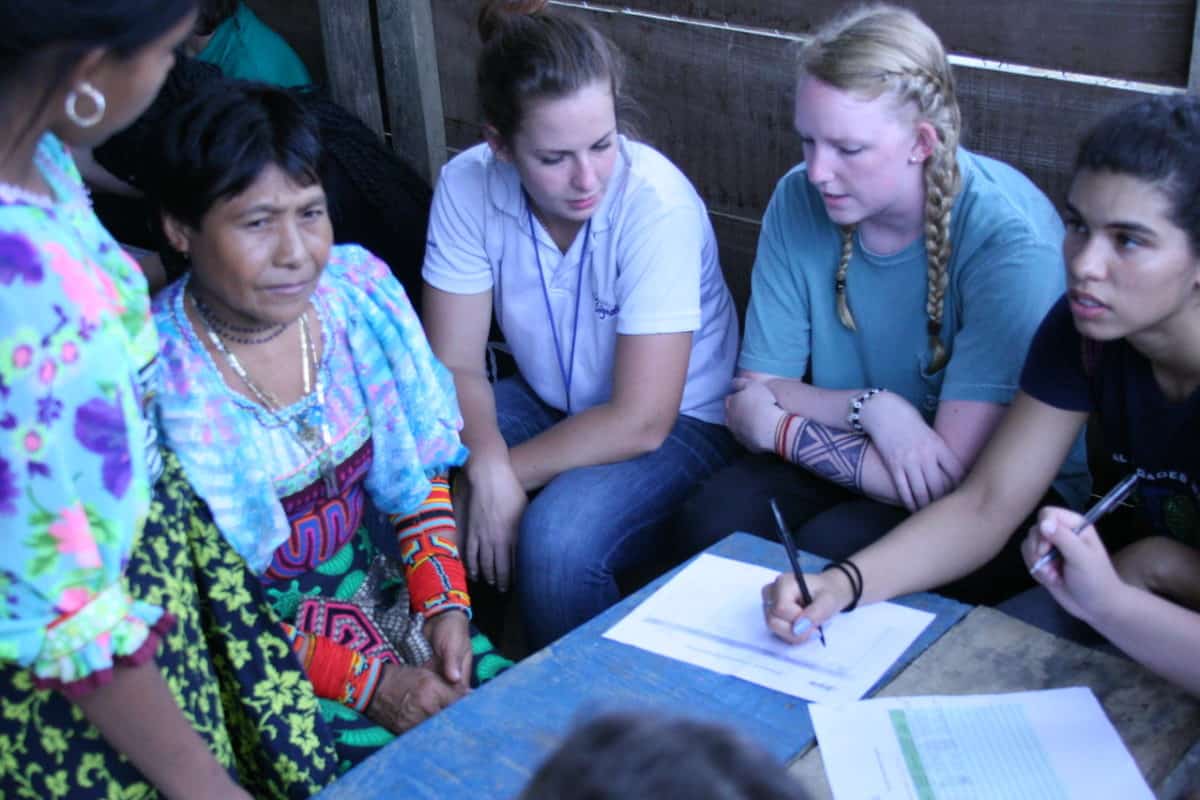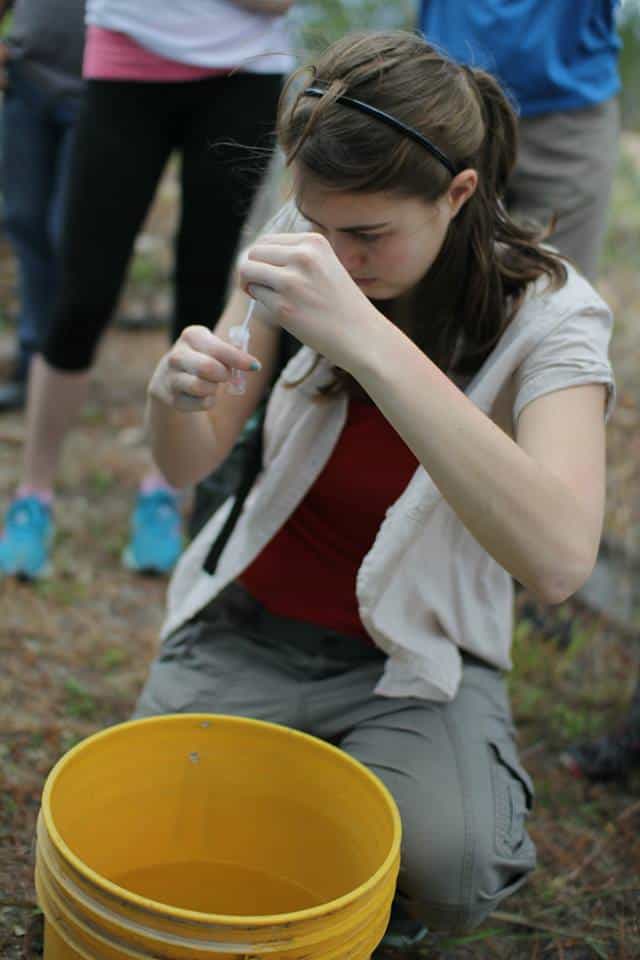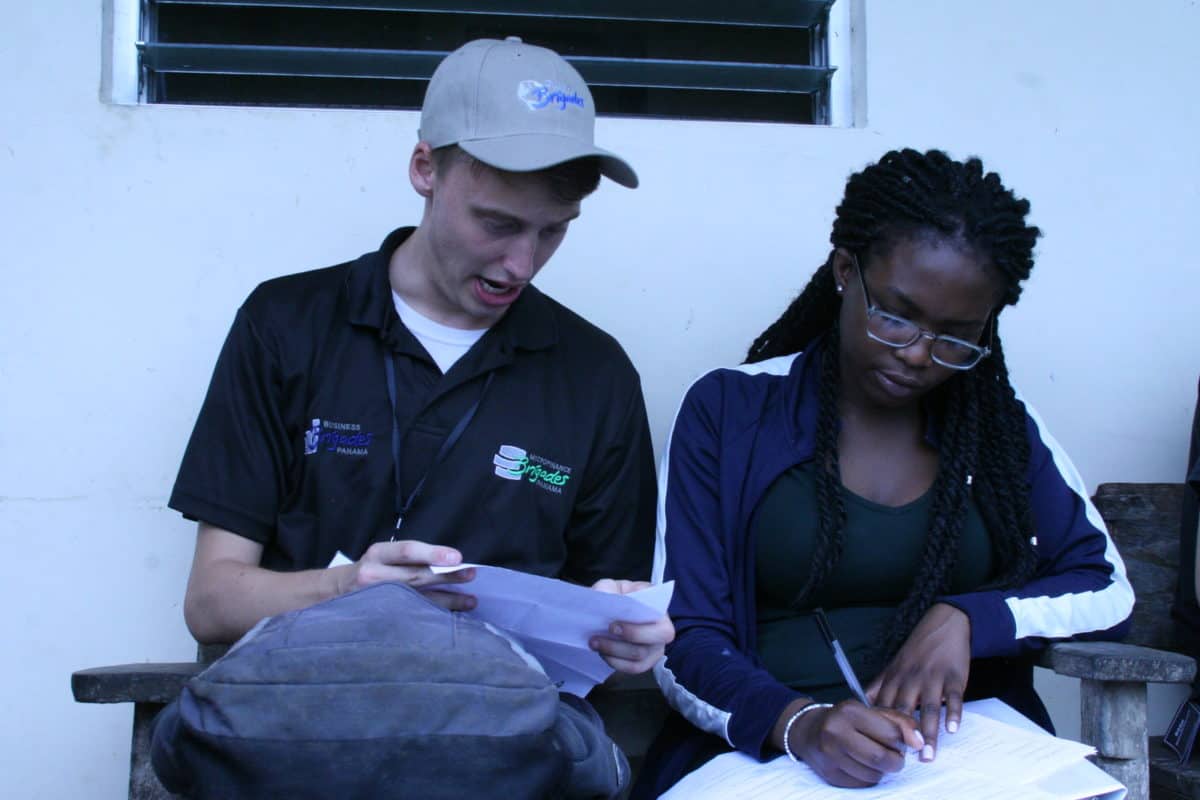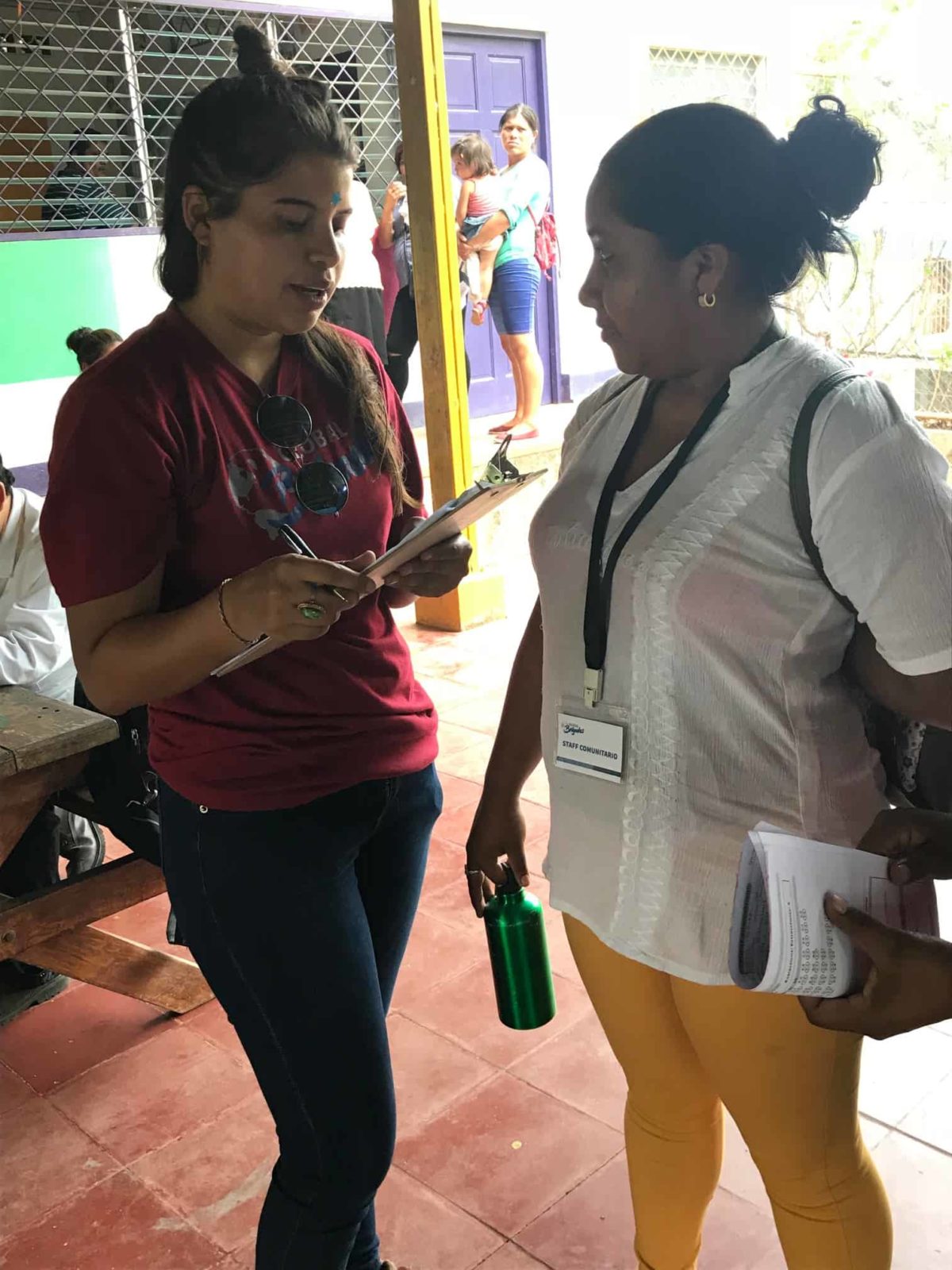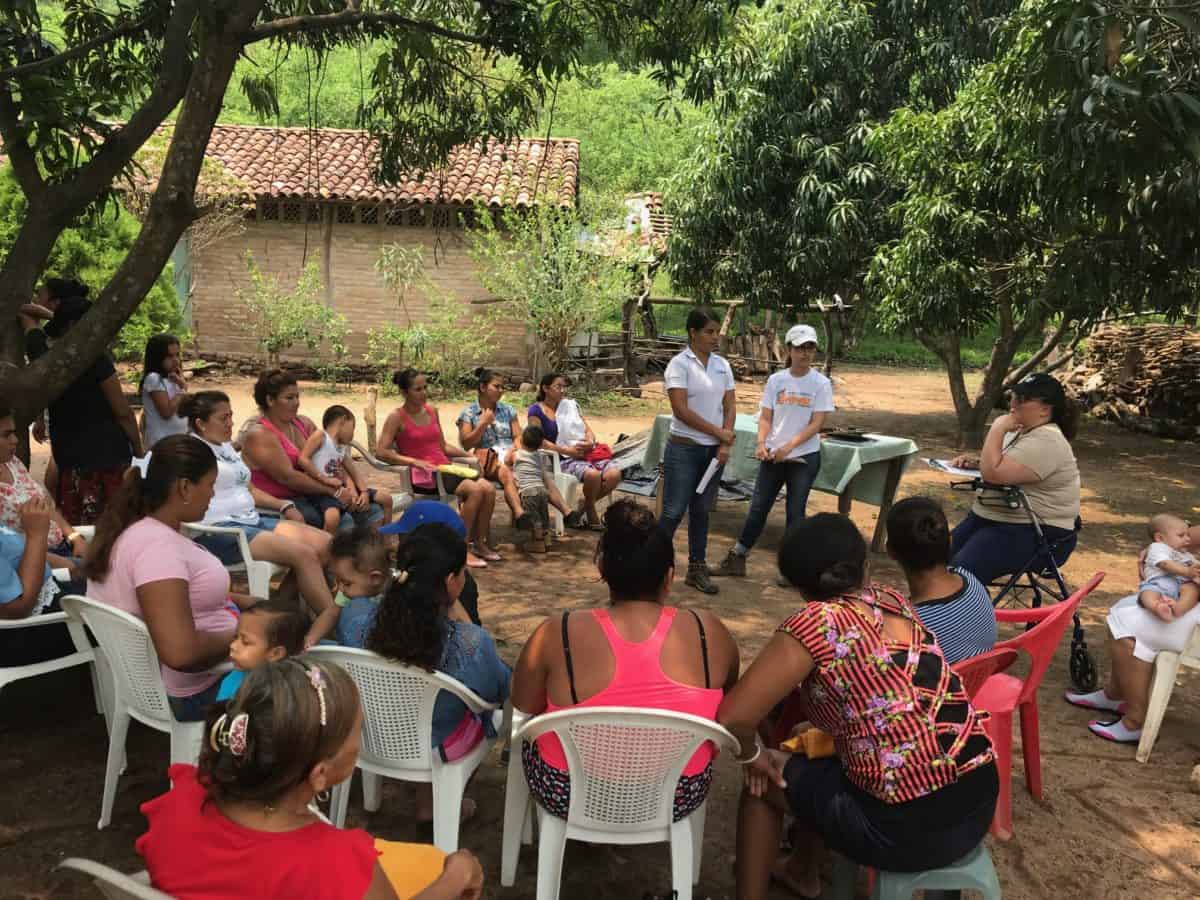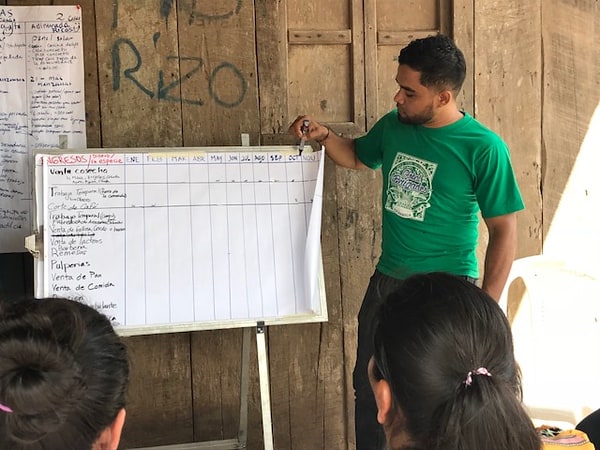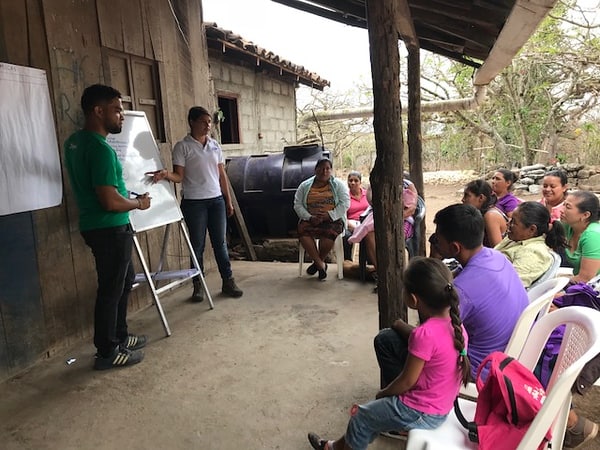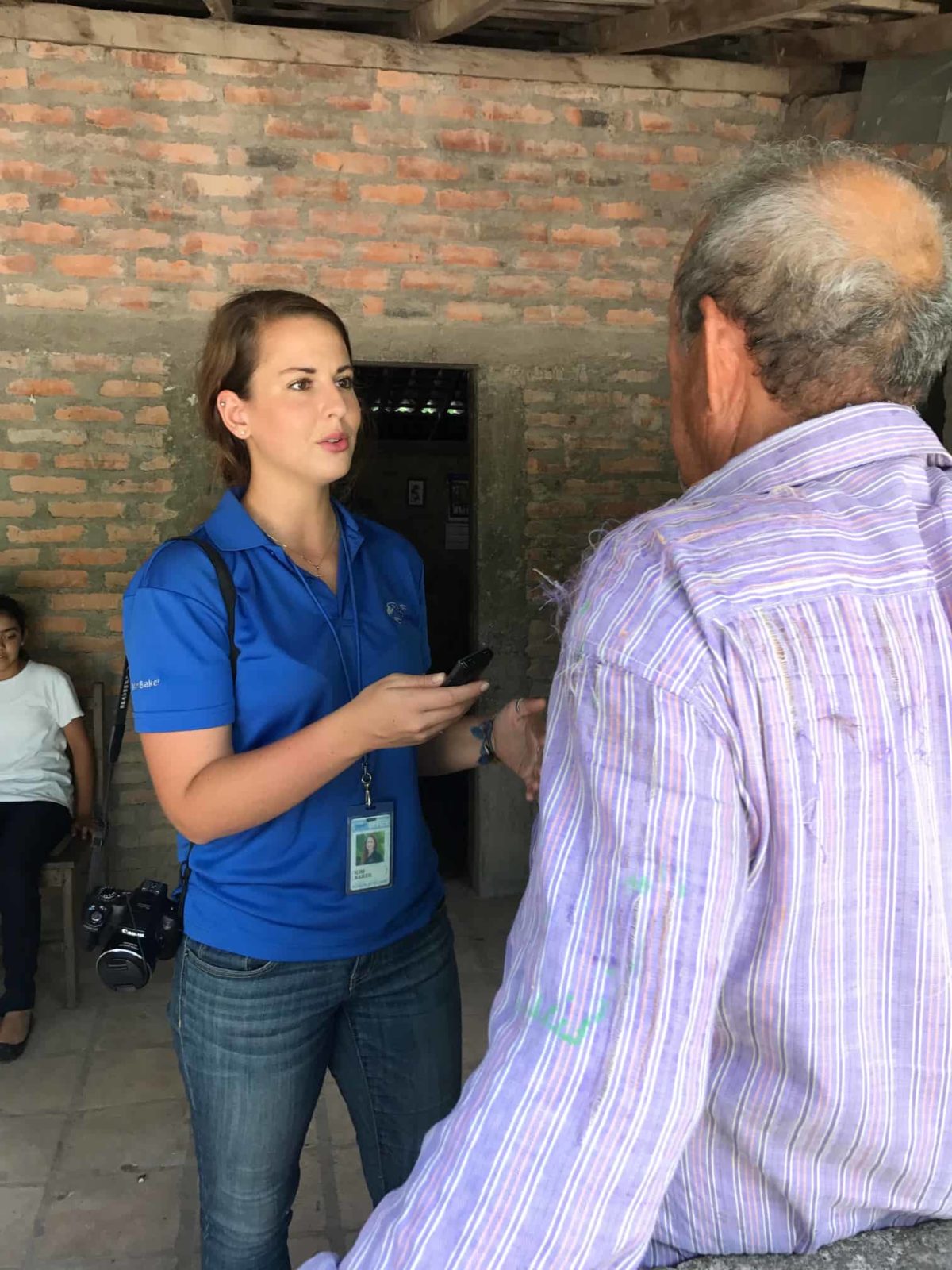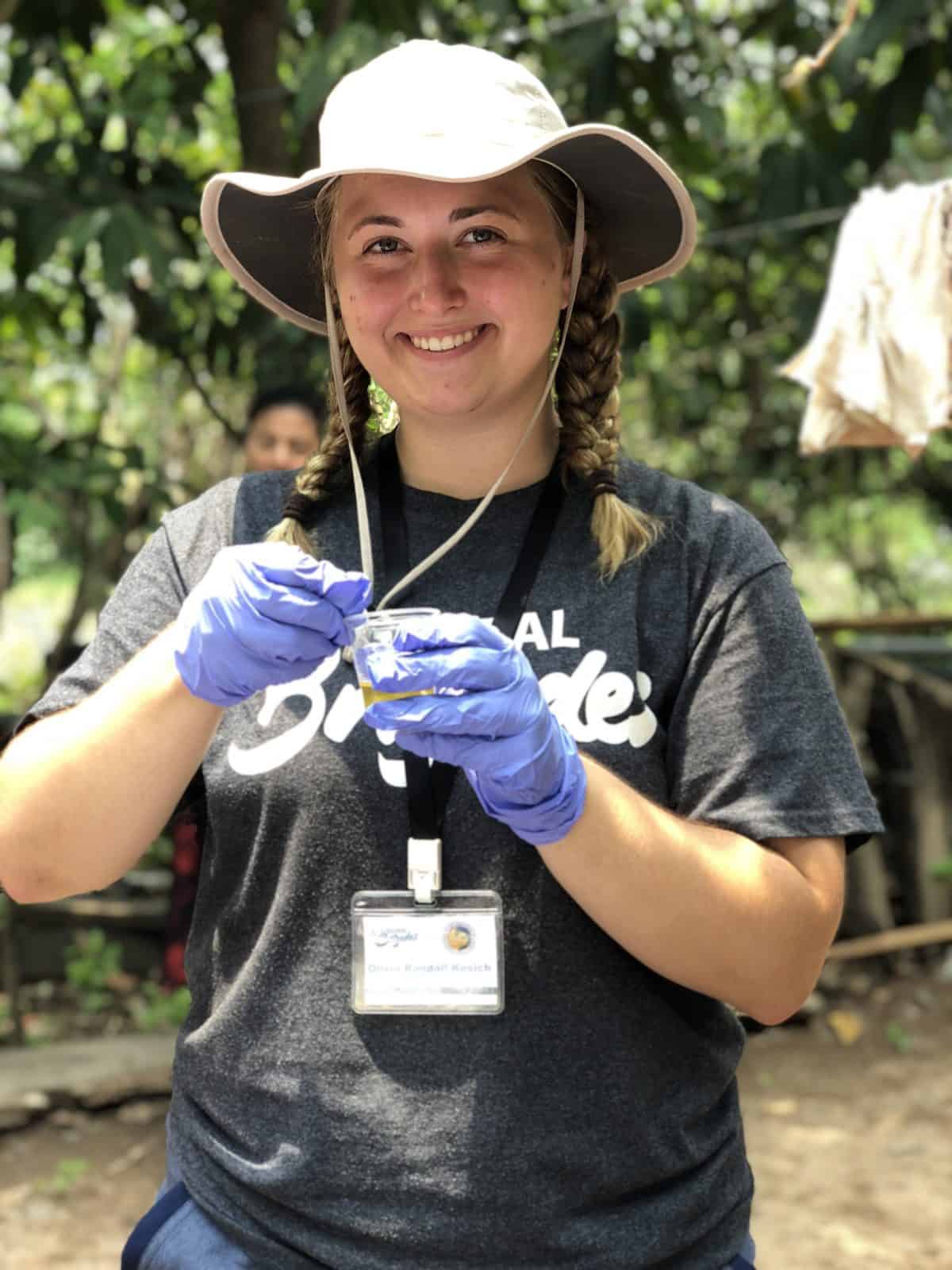Sustainable Impact
We are dedicated to monitoring, evaluating, and measuring the impact of our programs. We utilize a variety of methods to attain a comprehensive understanding of the outputs and outcomes of our collaborations with community partners, individuals, and small businesses.
Community Identification
Programs are done “with,” not “for” community members. Community buy-in and leadership is crucial to the sustainability and success of each program. We identify potential community partners through a variety of methods: (a) request from community leadership, (b) word-of-mouth or proximity to programs in nearby communities, and (c) collaboration with local partner organizations and municipal governments.
Community Assessment
After a new potential community partner is identified, we start by implementing a Rapid Needs Assessment with the participation of key community leaders. This assessment sheds light on the specific demographics, assets, needs, and desires of the community. With this information, we can better determine the fit for program implementation as an official partner community, and whether we can effectively coordinate international volunteers in the community based on key factors, such as safety and location.
Holistic Model Implementation
Depending on the specific interests and immediate needs of the partner community, we begin planning and implementation with one of our key programming components; healthcare, WASH, or economic development. Community ownership, leadership development, capacity building and collaboration are crucial aspects to the implementation of all of our holistic model programs in a partner community.
Community Follow-up
As a project implementation winds down, whether that be the completion of an infrastructure project, and/or culmination of a training and education program, continuing our supportive relationship with the community and its leaders is paramount to the sustained success of our collaboration. Program teams ensure that constant lines of communication are maintained open with communities, and we enter a phase of regular follow-up and technical assistance. We aim to ensure the community is empowered to take future development into its own hands while being supported by our teams.
Our M&E Team
The Monitoring & Evaluation (M&E) team works at a local and international level, collaborating between countries, to collect and manage data, and report on our impact. The M&E team uses various methods to collect data that informs programming decisions and community selection. Consistently monitoring and evaluating our programs and receiving feedback from stakeholders helps guide the organization in working towards completing our mission in an effective way.
Research & Evaluation
Research is a crucial activity available for our international volunteers to participate in. We are dedicated to gathering data and conducting research to inform and improve our programs.
Research activities typically include:
- Data collection: Volunteers work alongside local community members and our staff to gather data on various health indicators, such as disease prevalence, access to healthcare, and nutritional status.
- Surveys and interviews: Participants conduct surveys and interviews with community members to understand their needs, challenges, and aspirations.
- Community assessments: Our teams assess the community’s infrastructure, including water and sanitation facilities, to identify areas for improvement.
- Data analysis: Preliminary data analysis might be conducted to identify trends and inform program planning.
The objectives for research on Brigades are:
- To inform program development: The collected data helps us tailor their programs to address the specific needs of the community.
- To evaluate program impact: By tracking changes over time, research helps measure the effectiveness of our interventions.
- To build capacity: Volunteers gain valuable research experience and contribute to the development of evidence-based practices.
By integrating research into our service programs through research on Brigades and also independent research projects, we strive to create a more sustainable and impactful approach to community development.
Findings from Research Partnerships
Dhruvi Amin, University of Houston, Fall 2021
A study focused on the Guatemalan Healthcare System and the main factors that contribute to the communities’ vulnerability to certain types of diseases and infections. Additionally, the study suggests some initiatives to improve the overall health of the Guatemalan population with the cooperation of NGOs such as Global Brigades.
Learn MoreRachel Fisher, Jongwon Lee, Mauricio Carvallo, Stephen Foster, University of Oklahoma, 2021
This research uses the Theory of Planned Behavior to investigate the psychological attributes influencing
cervical cancer screening intention and behaviors of rural Honduran women that attended Global Brigades mobile medical clinics.
*This manuscript was submitted for publication to the Undergraduate Research Journal of Psychology at UCLA.”
Learn MoreEmma Lee, Pennsylvania State University, 2020
This study looked at three case studies to evaluate and analyze how microfinance can empower women in both an economic and social context. Key conclusions and successful factors identified in these studies are applied to the Global Business Brigades microfinance model to recommend how GB can continue to strengthen its expanding microfinance operations in other communities in Panama.
Learn MoreMadelyn Sangster, Central Michigan University, 2020
This investigation utilized clinical data from GB Medical Brigades in six communities in Honduras from 2017-2019 to examine the impact of water and sanitation projects on clinic diagnoses and disease incidence. Geographical location of the communities (coastal vs. inland) was also considered in the analysis.
Learn MoreLucia Rodriguez Garcia, University of Edinburgh, 2020
This investigation compares drinking water coverage data at the national level in Honduras with the data collected by Global Brigades at the community of Coyol de Linaca, Choluteca, aiming to establish whether national data is representative of rural communities.
Learn MoreOlivia Randall-Kosich, University of Central Florida, 2019
An investigation into interested and perception of reusable menstrual pads for women and girls in rural Central American communities. A pilot study was completed in El Zuruzlar, Honduras, where follow-up surveys indicated the potential feasibility of establishing a larger scale program.
Learn MoreLaura Brennan, Santa Clara University, 2018
A study to systematically review the research on intestinal parasitic infection interventions to explore the potential to reduce infections for low income school children in rural Nicaragua, which are a leading cause of health disparity in communities reached by Global Brigades.
Learn MoreNicole J. Rock, Arizona State University, 2018
This study aims to identify and understand the elements contributing to the environmental health issues of Cerro Bonito, Honduras. Utilizing the concept of social value and local capacity building, and applying it to environmental health proposes an alternative way of approaching technology design and implementation in rural communities.
Learn MoreDr. Victoria Carlson-Oehlers, Dr. Patrick J. Jung & Dr. Bernard A. Cohen, Milwaukee School of Engineering, 2017
A study of the idea that collaborating with non-governmental organization, universities can provide opportunities for students to apply their technical and medical educations to a variety of humanitarian challenges.
Learn MoreAashika Nagarajan, Brandeis University, 2017
An investigation of the potential of mobile health, in particular its potential to be integrated into Global Brigades programming, to address healthcare challenges and needs in rural Honduran communities. *Published in Brandeis University Library Archives (Thesis)
Learn MoreDr. Joel Garcia, Universidad Autónoma de Honduras, 2017
A report detailing the fieldwork carried out by students at the UNAH School of Microbiology, with Global Brigades logistical support. In their work, the university students created parasitological profiles of the child population in La Campos community, a population affected by the scarce health education and sanitary infrastructure.
Learn MoreNahrain Putris & Morgan Farrah, Oakland University, 2017
A comparative study of healthcare as a human right, and the quality of care as perceived by patients in a community clinic in the USA and a Global Brigades clinic in a partner community in rural Nicaragua.
Learn MoreSusan Frost, University of Wales, 2014
A study delving into the question of whether providing group microloans to under-resourced women in rural Honduras can impact their likelihood for success or poverty alleviation. Additionally, the study looks at what factors into a woman’s ability to receive or pay back these loans, and if the loans are being used to create micro enterprises.
Learn MoreEmma Crichton & Nikhil Kalothia, University of Miami & New York Medical College, 2014


